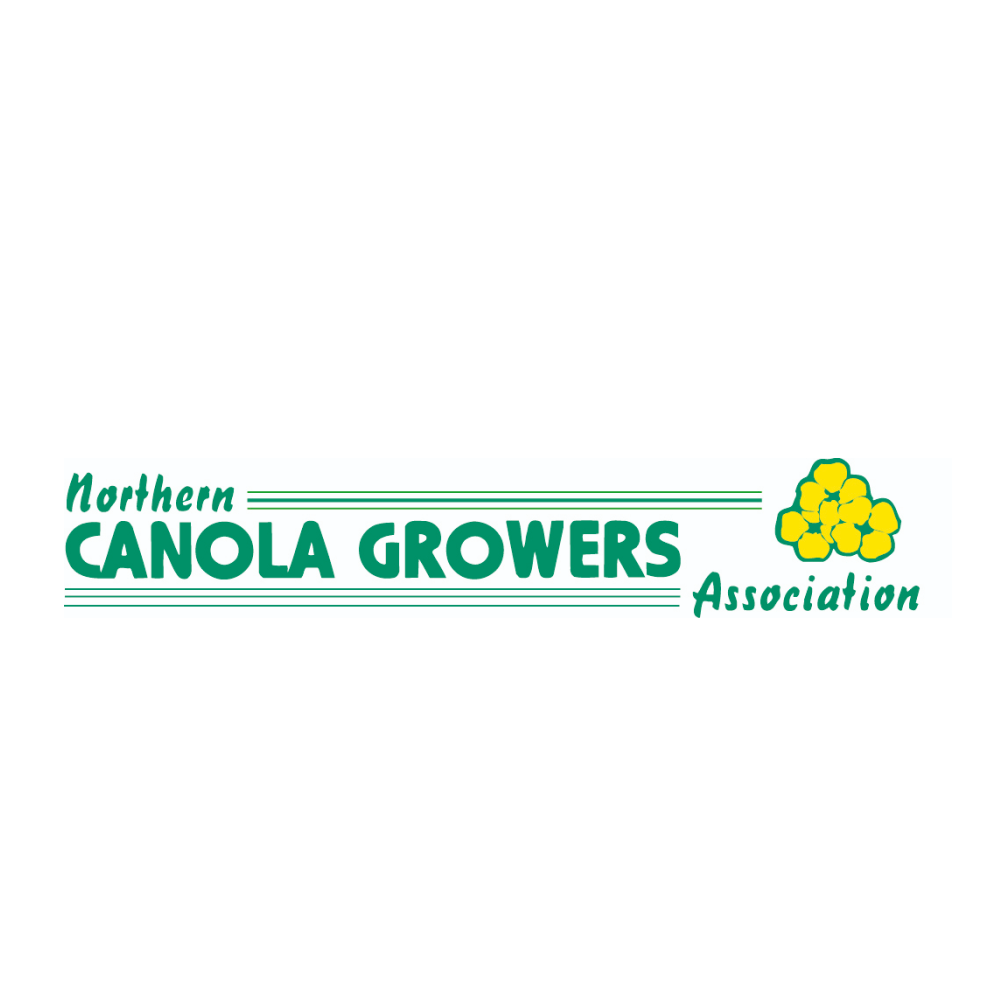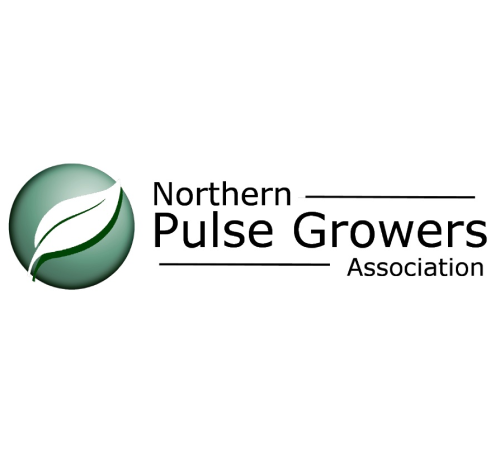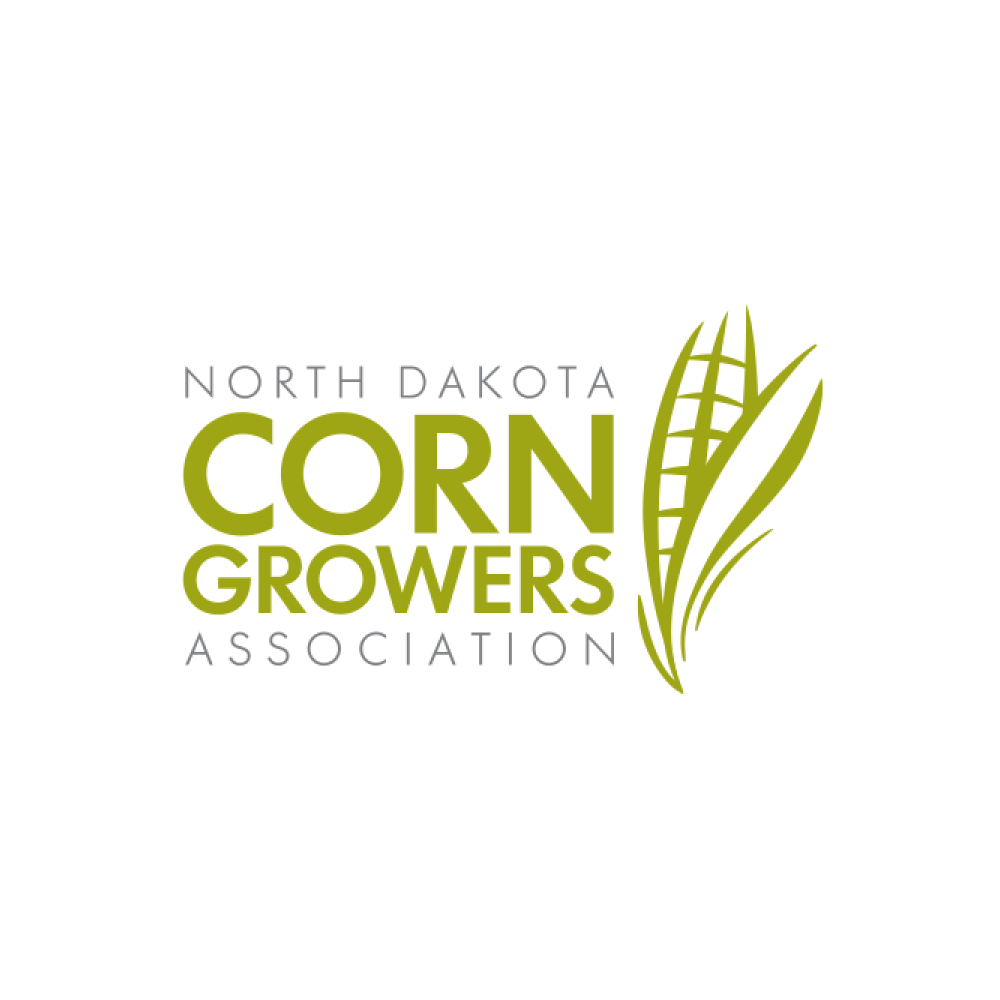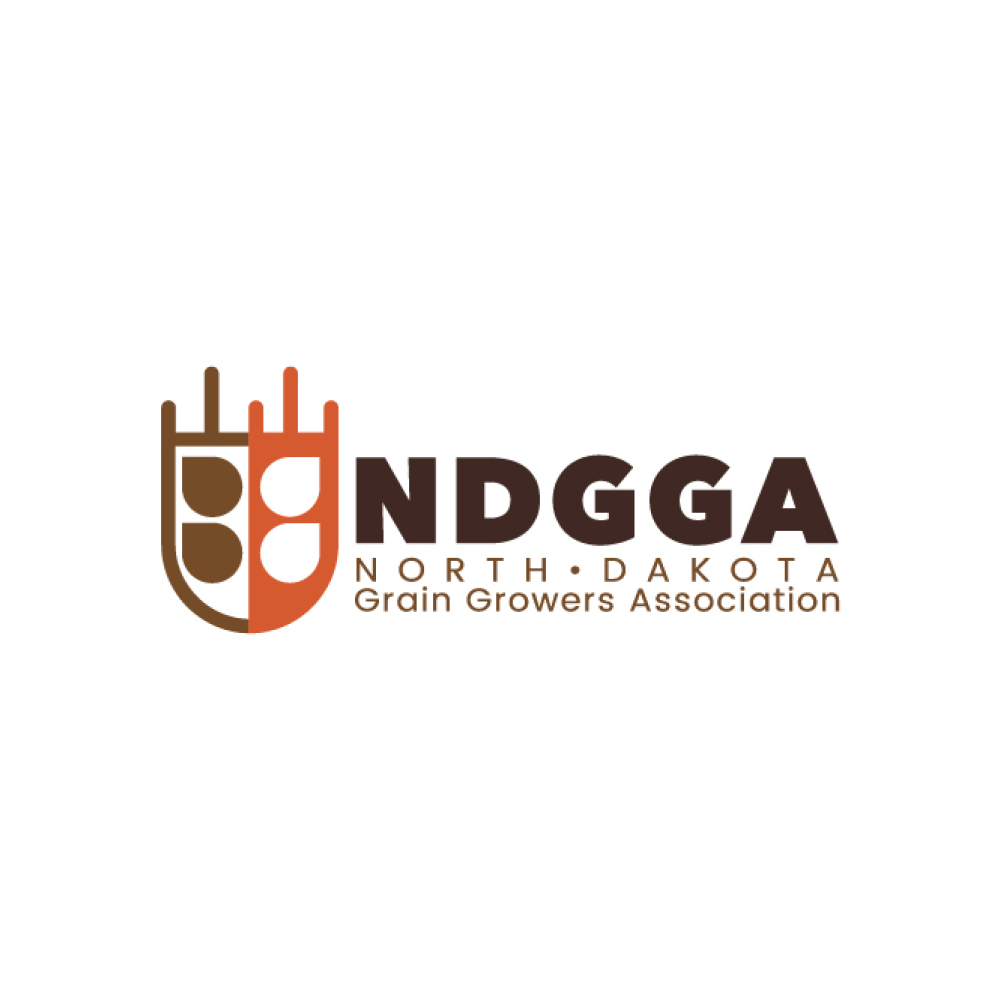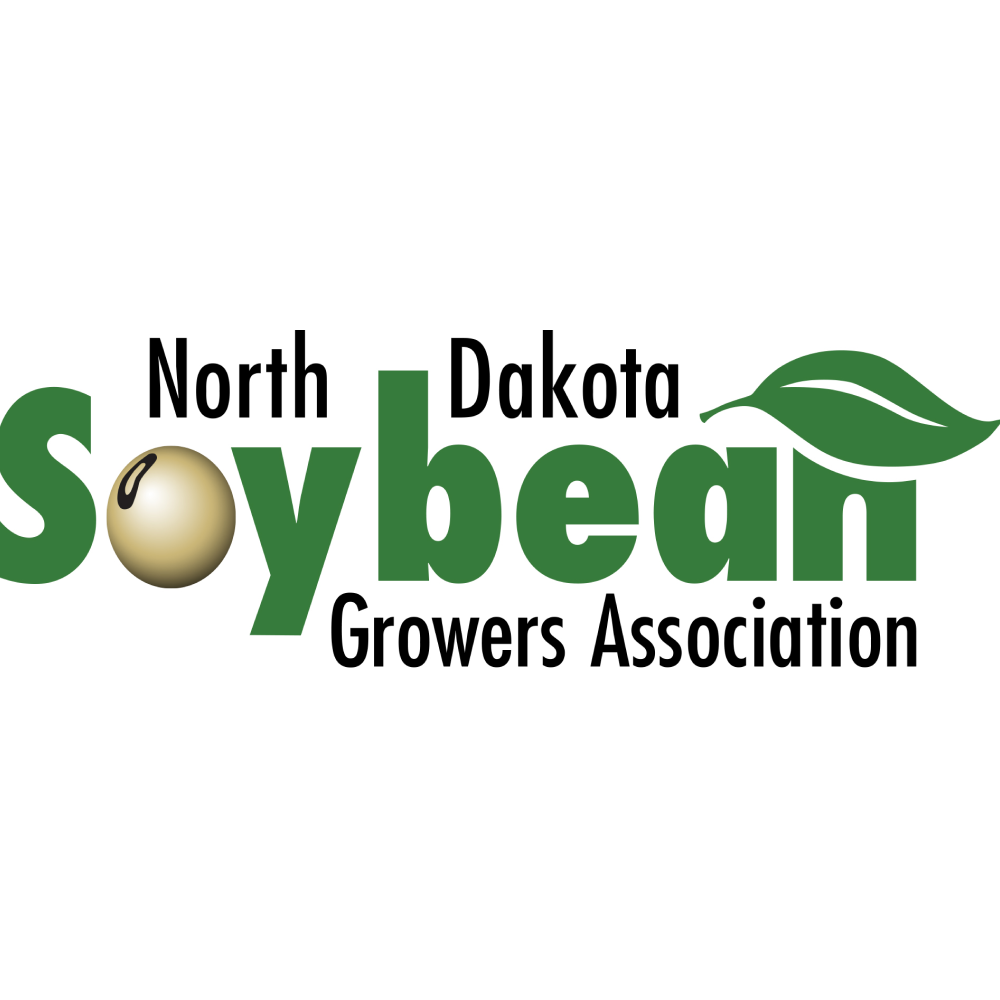Keep North Dakota growing.
Glyphosate-based pesticides are North Dakota farmers’ #1 tool to control weeds, keep yields high, and implement conservation practices that use less land and resources. These products are integral to the production of our crops, helping North Dakota farms compete in an increasingly competitive global market and ensuring a robust and affordable food supply.


For nearly half a century, glyphosate has enabled North Dakota farmers to implement conservation practices that use fewer resources, helping family farms compete in the global market.

Farmers are already struggling to turn a profit. Nearly three-quarters of farms make less than 10 cents on every dollar they spend—and that’s before taxes.

Glyphosate-based pesticides save North Dakota farmers up to 150% on input costs compared to pricier alternatives.

Decreased crop yields would make it very difficult for North Dakota farmers to stay in business.
Farmers’ Livelihoods
Don’t make one of the toughest jobs on Earth even tougher.
Food Security
An essential tool for a growing population.

As the nation's leading wheat producer and a major producer of soybeans and corn, North Dakota farmers depend on glyphosate for successful harvests. 58% of wheat, 92% of soy, and 80% of all corn acres rely on glyphosate.

Up to 40% of crops are lost to pests and diseases each year.

Without pesticides, losses could be as high as 85%.

Higher prices and lower yields would result in many more people going hungry, particularly disadvantaged children.

From critical agricultural inputs to semiconductors, medicine, and PPE, we must maintain strong supply chains to ensure American farmers have options and continued access to essential products.

Continued pesticide production ensures American farmers have the tools they need readily available to feed families here and around the world.
Protecting Farmers’ Options
Preserve farmers’ access to crop protection tools.
Organizations that support the Modern Ag Alliance and North Dakota farmers
